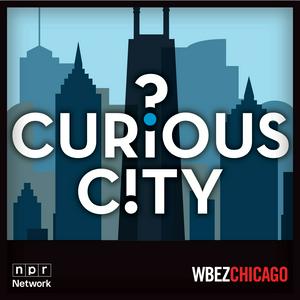From school assemblies to “Mr. Rogers Neighborhood,” Ella Jenkins was a rhythm specialist and children’s music pioneer. Her childhood in Chicago was her launching pad.
In our last episode, we learned that the first Chicago public school named after a Black person was DuSable High School, in honor of Chicago’s first nonindigenous settler, Jean Baptiste Point DuSable. It turns out some of the most notable Chicagoans graduated from DuSable, including Mayor Harold Washington, historian Timuel Black and Jenkins.
Today, we bring you a conversation about this music icon, who harnessed curiosity, life experience and charisma to create some of the most unique and prolific art of the 20th century. Jenkins forged a path in the music industry during a time when children’s musicians didn’t really exist. She persevered through the civil rights era, took ownership of her music in an industry that often took advantage of women and made the focus about children.
Professor of American studies at George Washington University Gayle Wald sat down with Curious City Editor Susie An at the 2025 Evanston Folk Festival to talk about Jenkins’ life. Wald is the author of “This is Rhythm: Ella Jenkins, Children’s Music and the Long Civil Rights Movement.”


